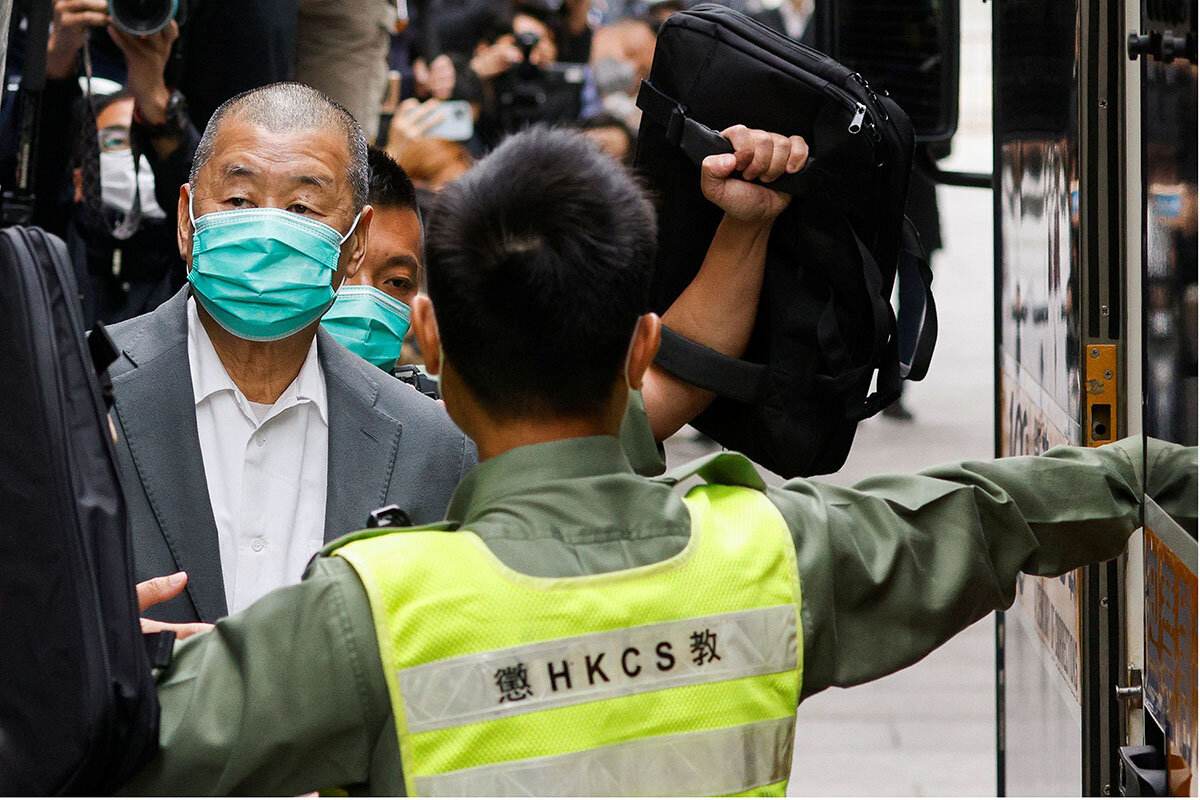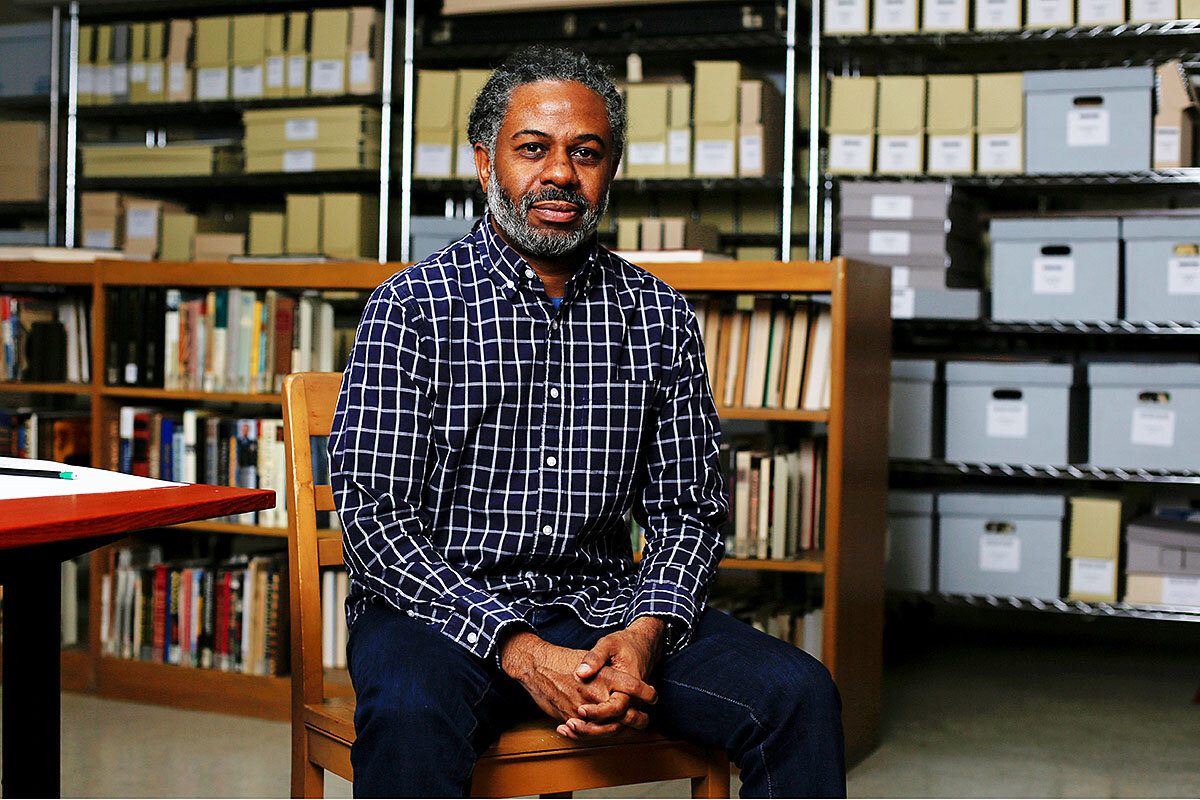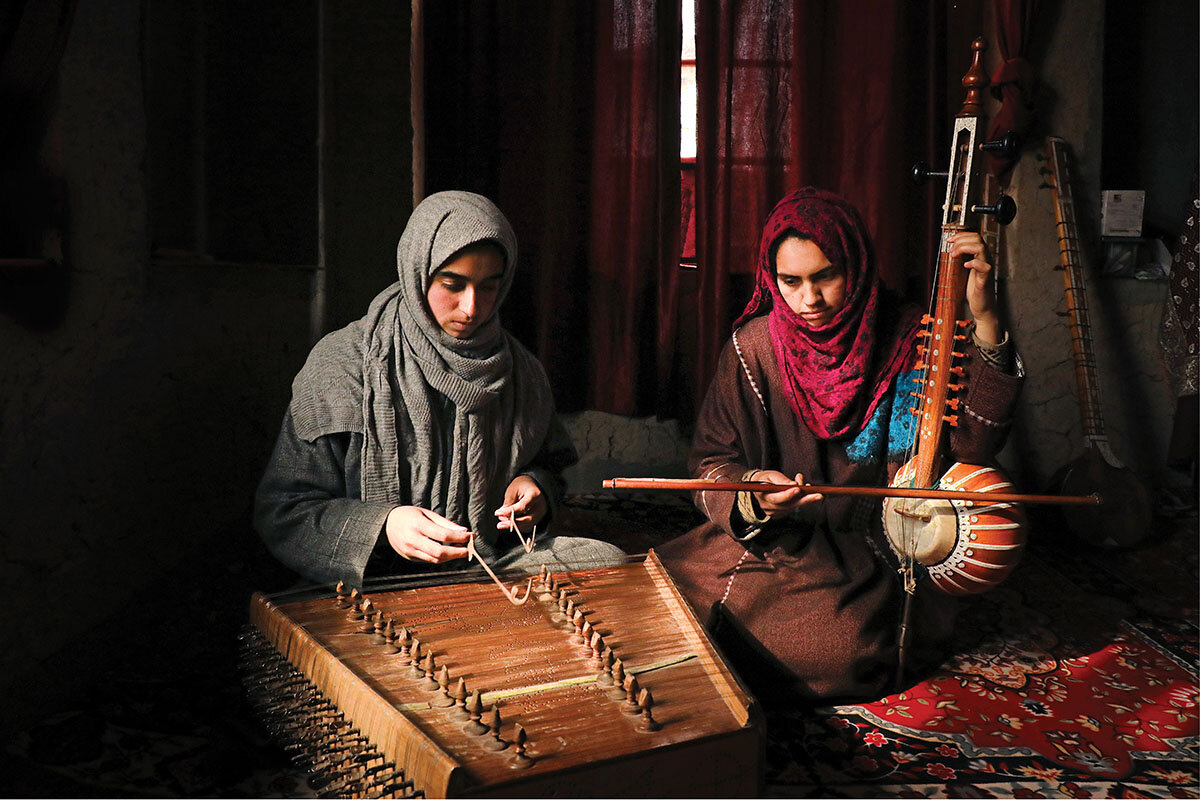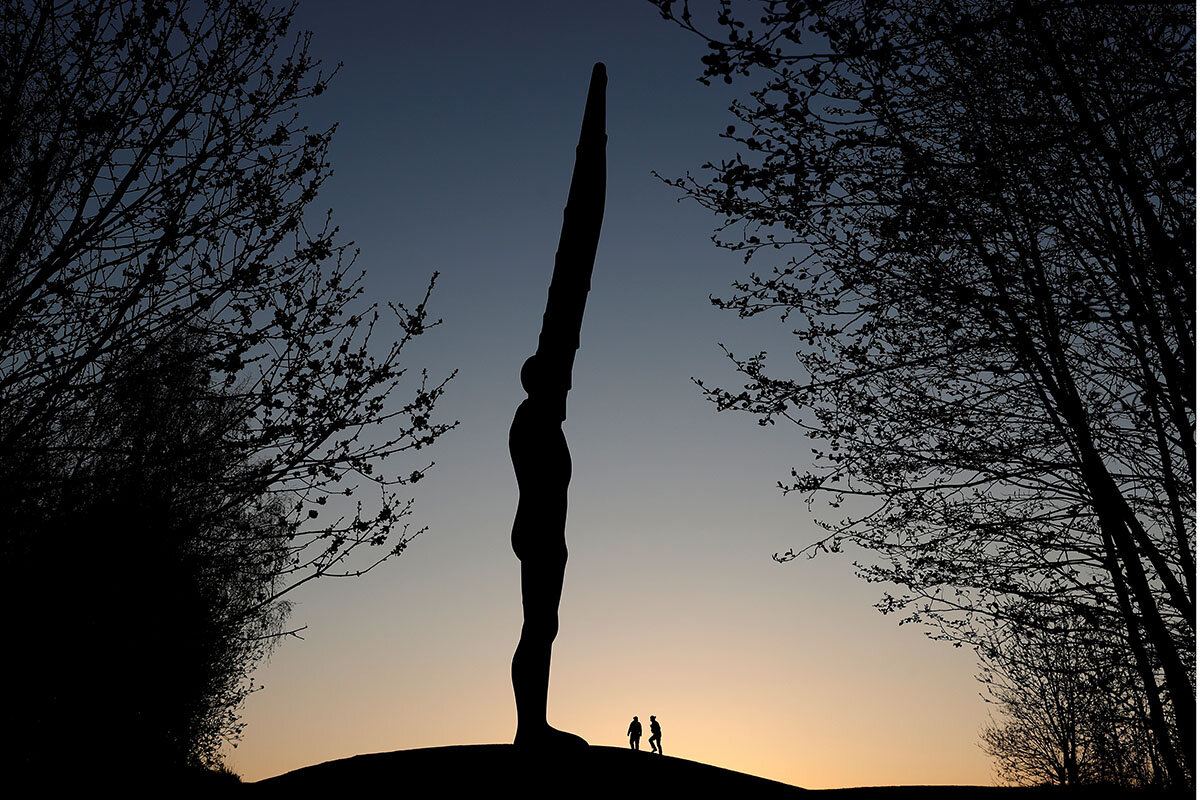The arc of a Hong Kong media magnate’s life parallels Hong Kong’s story. The power of his personal convictions may set up as a case study in how to face down an assertive global power – now and in the coming years.
Monitor Daily Podcast
- Follow us:
- Apple Podcasts
- Spotify
- RSS Feed
- Download
 Clayton Collins
Clayton Collins
As the nation awaits a verdict in the trial of former Minneapolis police officer Derek Chauvin over the death last May of George Floyd, the list of police confrontations leading to citizen deaths in the United States grows – by three a day since that trial began March 29, reports The New York Times.
Often “lethal force incidents” involve a gun or the fear of one. That was the case in the March 29 police killing of Adam Toledo, a 13-year-old, in Chicago. Some share another characteristic.
“What I see sometimes is in these encounters with people of color, there is a different aggression,” Ron Johnson, a retired Missouri State Highway Patrol captain, told the Times. Mr. Johnson, who is Black, directed the police response in Ferguson, Missouri, in 2014 after an officer there killed Michael Brown.
“It’s because we don’t have these experiences and these understandings of each other. ... We don’t see them in the same human way that we see ourselves.”
Recasting encounters may help. Monitor special correspondent Martin Kuz wrote last week about the deployment of unarmed citizens as “violence interrupters” in Minneapolis. Stockton, California, has had success in easing tensions among residents with radically different backgrounds. While not immune to gun violence, Stockton has driven it down by 20% since 2018.
Khaalid Muttaqi is a leader of Advance Peace, a program that lets formerly incarcerated people build community relationships to help break the cycle that fuels both gun crime and the potential for deadly police encounters. His goal: to end the “othering” that breeds distrust.
“We see beyond the tattoos and saggy pants,” he told The Guardian, “to see humanity and potential in those deemed by law enforcement as being the most dangerous in the city.”










